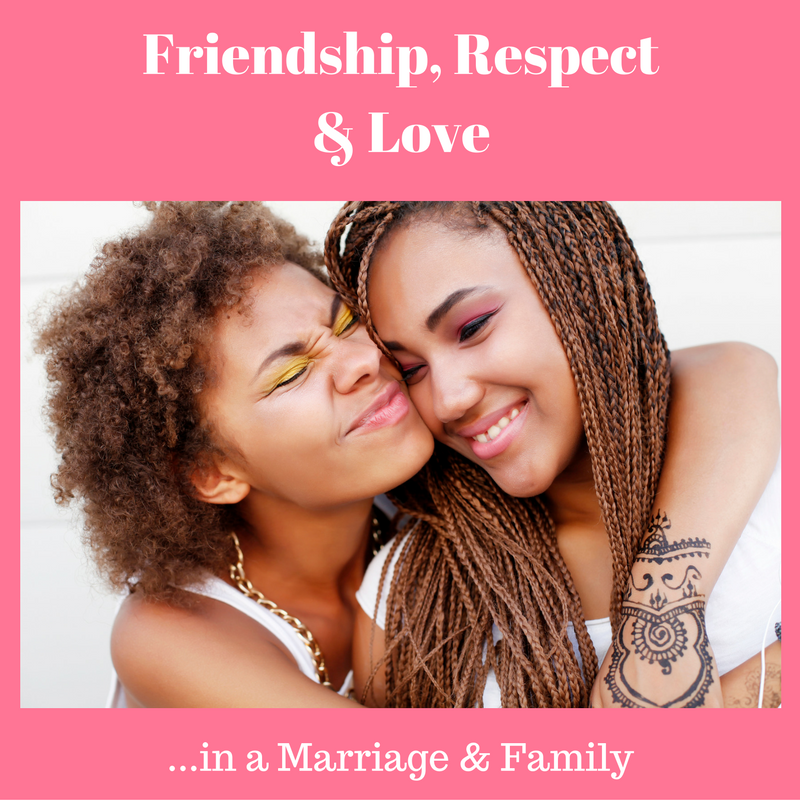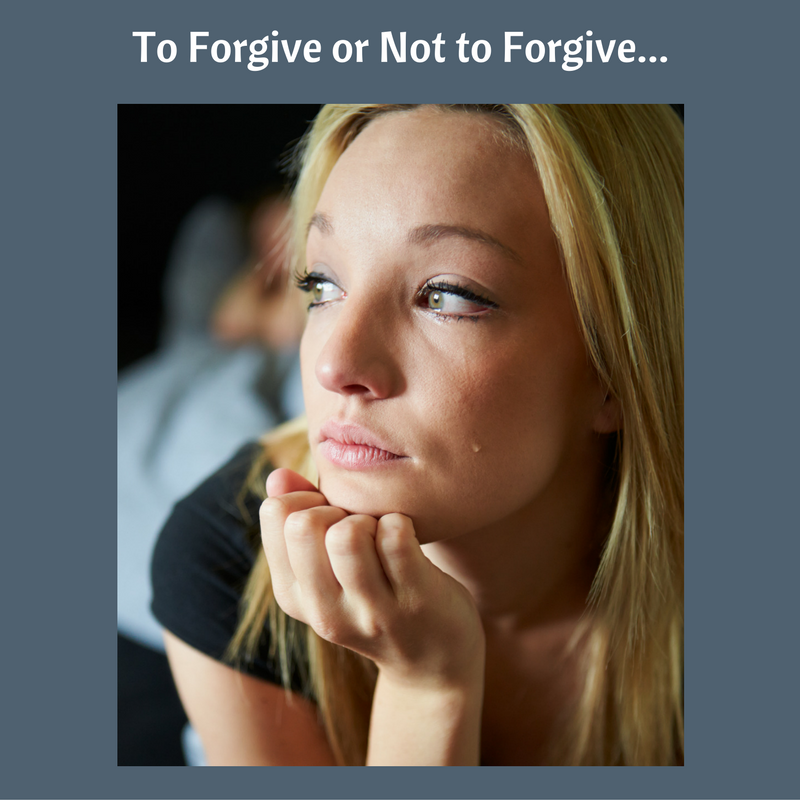 Remember what you liked about your spouse when you first began to date? How you respected one another and went out of your way to understand his perspective; the excitement that percolated every time you learned something new and fresh about this person? Have you ever witnessed a teen and her mom laughing and sharing together and wished that you had that connection with your child? How did they get there? What do they know that you don’t know? Good, Strong Relationships are Built on Friendship. Friendship connotes safety, respect and support. When we love our friends, we want what is best for them and we yearn to be close and connected. Sadly enough, marriages and families often forget this very important component to a healthy and satisfying relationship. How Do You Communicate? All relationships have complaints, but not all complaints turn into criticisms. “I feel underappreciated and am tired of picking up all your stuff.” (I statement) “Please be more mindful.” (voicing a wish…how to make it right) …is a very different message than “You’re so messy and disorganized”(can you feel the finger being pointed at your loved one?) “I can’t take your chaos… this room is disgusting!“(who your spouse or child is as a person, at their core was just attacked and made to feel like a serious detriment. I can almost feel the shame that was just fertilized and watered) Complaint #1 voices a complaint with an “I statement” and a wish attached, While message #2 attacks the person and makes them feel unworthy of you. What we Say & How we Say it Can Fertilize or Scorch a Relationship: |
AuthorThese blog entries are written by our very own clinicians. When inspiration hits, another entry will be logged. Get Blog UpdatesWhat is an RSS FEEDER? If you click on the RSS Feeder, anytime a new blog entry is added to the website, you will be automatically notified of it. The only thing you need to do is get an RSS READER app. Chances are, if you click on the RSS Feeder, and you do not have a reader, it will take you directly to the app store so you can install one. It takes 60 seconds to get set up for auto notifications of new blogs sent directly to you!
Archives
May 2021
Categories
All
|

 RSS Feed
RSS Feed